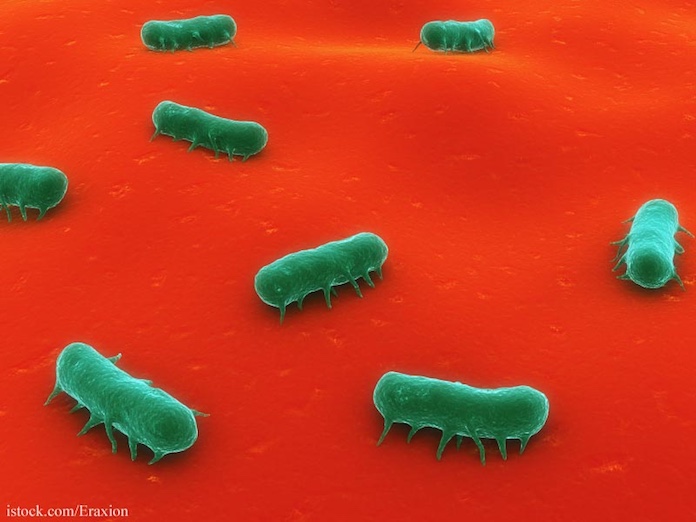Kellogg Honey Smacks cereal is being recalled after the FDA and CDC told the company about a multistate Salmonella Mbandaka outbreak that may be linked to that product. The cereal was distributed in the United States, as well as limited distribution in Costa Rica, Guatemala, Mexico, the Caribbean, Guam, Tahiti and Saipan.

The product in question is Kellogg Honey Smacks cereal (with limited distribution outside the U.S.) in 15.3 ounce packages, with UPC number 3800039103 and best if used by dates of June 14, 2018 through June 14, 2019. In addition, Honey Smacks cereal in 23 ounce boxes is recalled. That product has a UPC number of 3800014810 and best if used by dates of June 14, 2018 through June 14, 2019.
Some news reports are staying that those sickened live in five Midwestern states. But neither the FDA nor the CDC have issued announcements about this outbreak yet. And there is no recall notice on the FDA’s website.
If you purchased these products, discard them immediately in a sealed container. Or you can take them back to the place of purchase for a refund. Wash your hands well with soap and water after handling this product.

Attorney Fred Pritzker, who has represented clients sickened with Salmonella infections, said, “Even when you recover from this infection, there is still a risk you will develop a serious complication in the future such as reactive arthritis or endocarditis.” Call 1-888-377-8900 or 612-338-0202.
Attorney Fred Pritzker, who has represented many clients sickened with Salmonella infections and has won millions, said, “It’s unusual to see Salmonella contamination in a product such as cereal. Since this product is eaten without a kill step that could destroy bacteria, anyone who consumes this product is at risk for a serious infection.”
Salmonella Mbandaka is relatively rare in the U.S., and few outbreaks have been caused by this particular strain. In 2013, a Salmonella Mbandaka outbreak linked to imported tahini sickened 16 people in 9 states. However, all Salmonella infections have the same type of symptoms: nausea, fever, abdominal cramps, vomiting, and diarrhea that may be bloody.
If you have eaten this recalled cereal and have been ill, see your doctor. It’s important that this illness is noted on your chart in case complications develop in the future. In fact, Salmonella can even damage your DNA.




